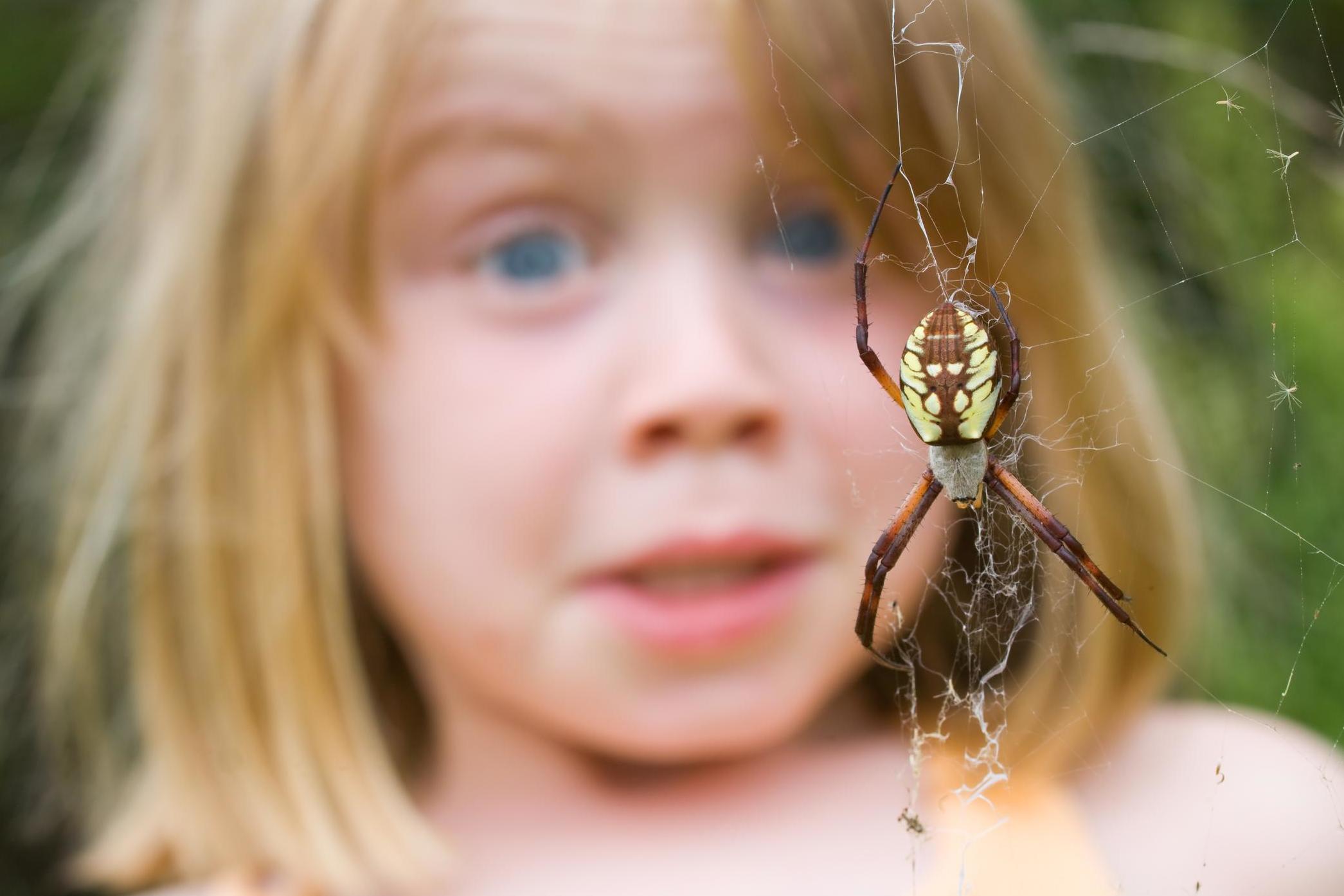Heartbeats could be key to treating fear of spiders
‘You could say we're within a heartbeat of helping people beat their phobias’

Your support helps us to tell the story
From reproductive rights to climate change to Big Tech, The Independent is on the ground when the story is developing. Whether it's investigating the financials of Elon Musk's pro-Trump PAC or producing our latest documentary, 'The A Word', which shines a light on the American women fighting for reproductive rights, we know how important it is to parse out the facts from the messaging.
At such a critical moment in US history, we need reporters on the ground. Your donation allows us to keep sending journalists to speak to both sides of the story.
The Independent is trusted by Americans across the entire political spectrum. And unlike many other quality news outlets, we choose not to lock Americans out of our reporting and analysis with paywalls. We believe quality journalism should be available to everyone, paid for by those who can afford it.
Your support makes all the difference.Living in fear of spiders can be pretty tough, particularly in autumn, when the nimble eight-legged creatures are most visible as males scurry around to find a mate.
Now, arachnophobes might finally get some respite, as new research claims that exposing people to spiders at the exact moment their heart beats may help relieve them of their phobias.
Published in the journal Psychosomatic Medicine, the study claims that the key is to track a person's heart rhythms while exposing them to whatever they're afraid of, which, in this case, was spiders.
"Many of us have phobias of one kind or another - it could be spiders, or clowns or even types of food,” writes lead author Hugo Critchley, Chair of Psychiatry at Brighton and Sussex Medical School.
“Treatment usually involves exposing the person to their fear, but this can take a long time.
“Our work shows that how we respond to our fears can depend on whether we see them at the time our heart beats, or between heartbeats. You could say we're within a heartbeat of helping people beat their phobias."
Critchley and his team of scientists at the University of Sussex conducted a series of clinical trials involving a total of 54 volunteers with severe fears of spiders, who were selected from 270 people who had completed questionnaires regarding their spider phobia.
Each person underwent one of three modified computerised exposure exercises.
One group of participants were presented with pictures of spiders in-time with their heartbeats.
A second group were presented with the same images in-between heartbeats and a third control group saw the images at random times in therapy sessions.
It’s well known that exposing people to their phobias can help reduce them - this is called exposure therapy - but this is the first time this technique has been linked to a patient's’ own heart rhythms.
The researchers found that out of all of the groups, the patients who had been exposed to the spiders in-time with their own heartbeats reported lower fears of spiders afterwards in addition to reduced levels of anxiety overall.
"We think that showing spiders exactly on the heartbeat automatically increases attention on the spider, which is followed by period of low arousal," Critchley tells The Independent.
"This increased attention enables people to learn that spiders are safe."
According to the American Psychiatric Association, phobias affect more than 10 per cent of people in the US - 40 per cent of these are related to bugs, including spiders.
As for why so many people are afraid of the tiny creatures, Chris Buddle of McGill University explains in an article for The Conversation how it derives from a fear of their erratic movements, or their “legginess”.
Join our commenting forum
Join thought-provoking conversations, follow other Independent readers and see their replies
Comments